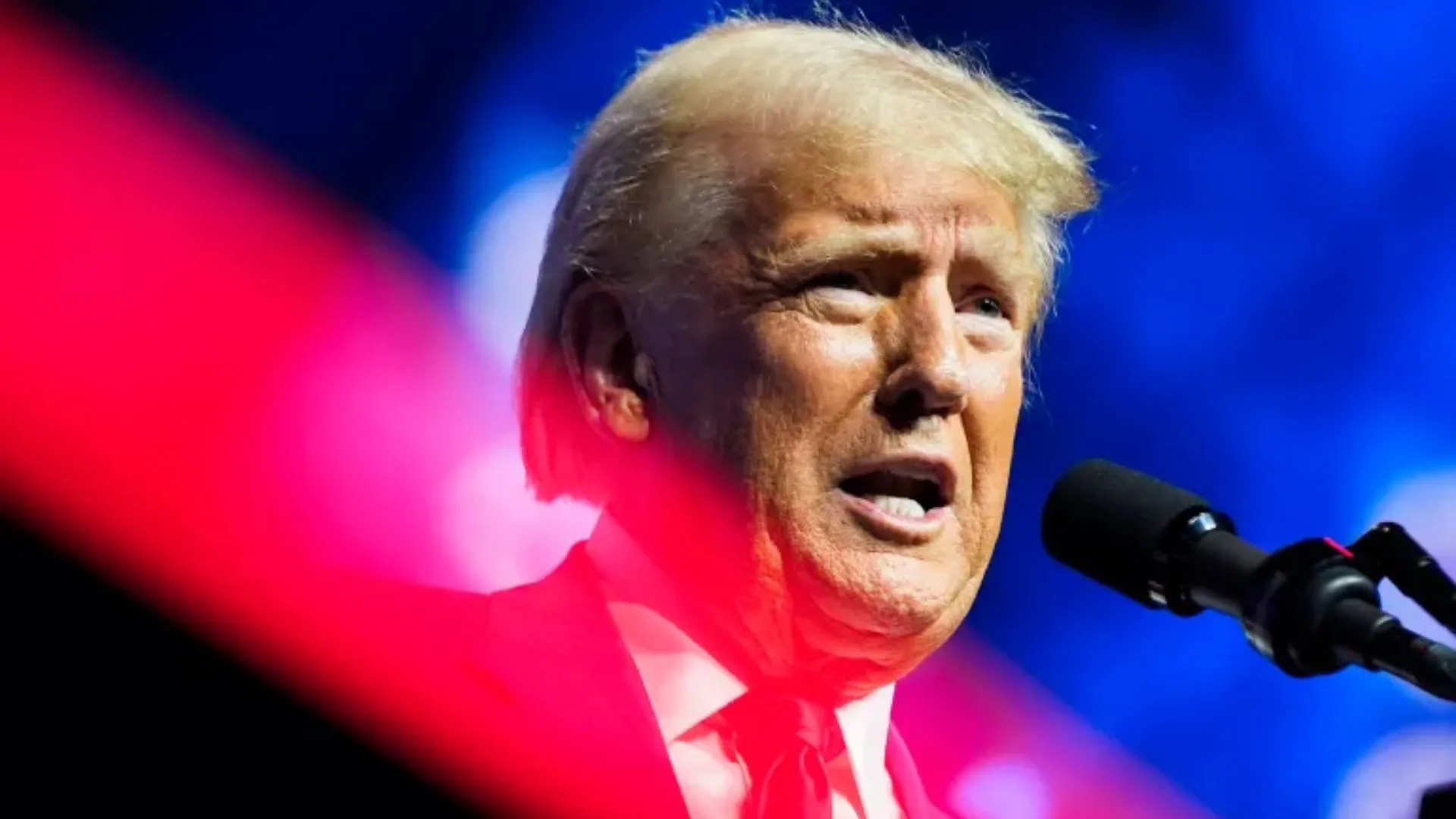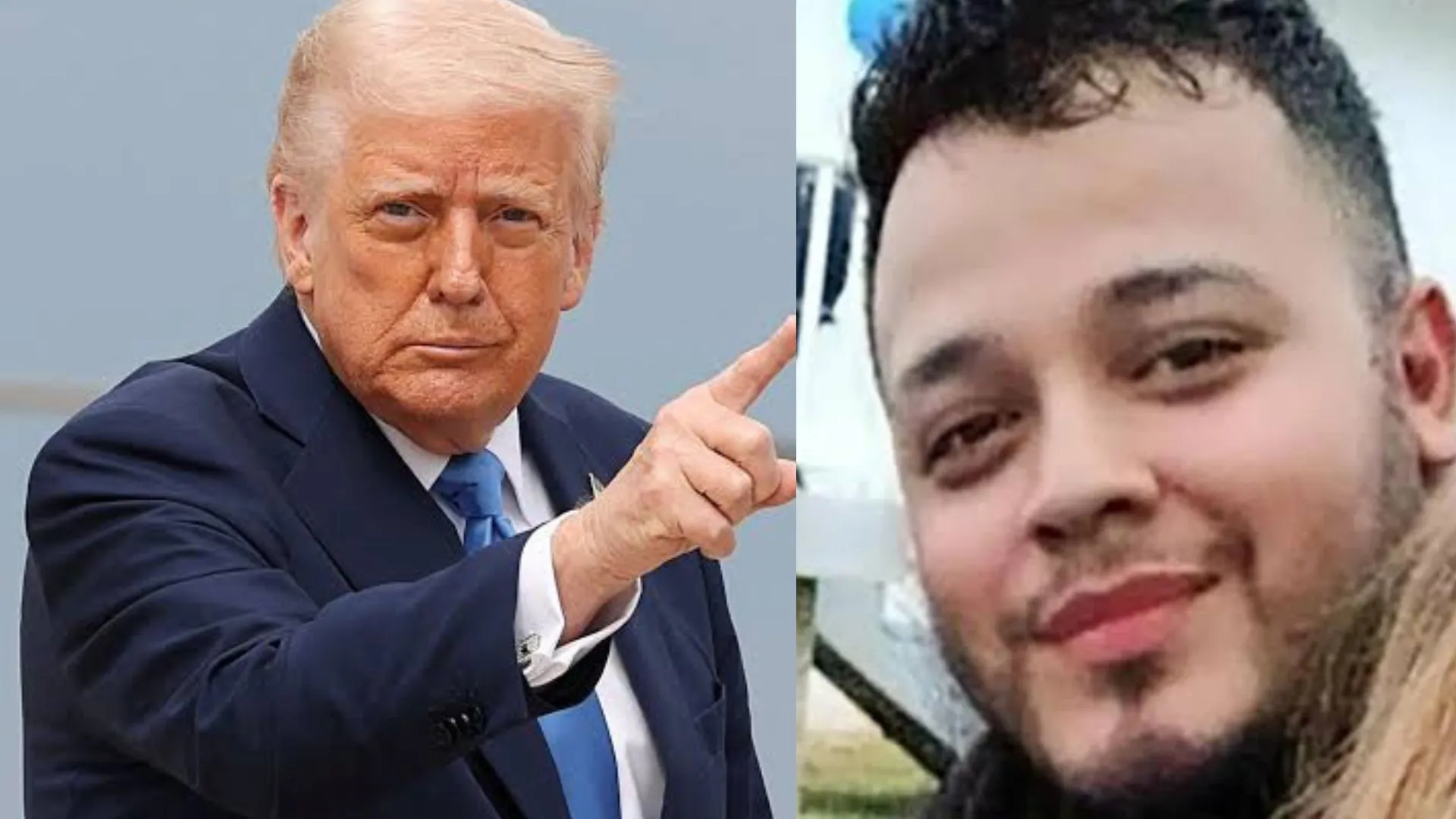The United States, on Thursday, imposed a fresh set of sanctions targeting entities and individuals associated with Iran and the Houthi group, aimed at curbing Tehran’s nuclear program, ballistic missile development, and the funding of its proxies. The sanctions, announced by the U.S. Treasury Department, focus primarily on vessels involved in the trade of Iranian petroleum and petrochemicals, key revenue sources for the Iranian government.
Vessels Targeted for Illicit Oil Trade
The sanctions affect three vessels linked to the illicit trading of Iranian oil and petrochemical products. These include:
- MS ENOLA: A Djibouti-flagged crude oil tanker owned by Journey Investment Company.
- MS ANGIA: A San Marino-flagged vessel involved in the oil trade.
- MS MELENIA: A Panama-flagged tanker managed by Rose Shipping Limited, which operates out of Liberia and Greece.
These vessels are reportedly part of a larger network used by Iran to bypass international sanctions and generate billions of dollars that fuel the country’s controversial nuclear and missile programs.
Impact on Iranian Revenue Streams
According to the U.S. Treasury, these sanctions are part of a broader strategy to target Iran’s revenue streams, particularly the petrochemical industry, which plays a vital role in supporting Iran’s destabilizing activities. Bradley Smith, acting under secretary for terrorism and financial intelligence, emphasized that Iran’s reliance on a “shadowy network” of ships, companies, and facilitators is key to sustaining its operations, despite international sanctions.
In addition to targeting vessels linked to Iran, the U.S. also imposed sanctions on 12 individuals with ties to the Houthi group in Yemen. Among them is Hashem Ismail Ali Ahmad al-Madani, the head of the Houthi-aligned central bank in Sanaa. These individuals are allegedly involved in arms trafficking, money laundering, and facilitating the smuggling of Iranian oil to benefit the Houthis.
Broader Geopolitical Implications
The U.S. sanctions aim to disrupt the financial and logistical operations of groups that pose a threat to regional stability, particularly in the Middle East. While Iran maintains that its nuclear program is for peaceful purposes, these new measures underscore Washington’s ongoing efforts to curb Tehran’s nuclear ambitions and its support for proxy groups in the region, including Hezbollah, Hamas, and the Houthis.
Sanctioned Entities’ Exposure to U.S. Financial System
As part of the sanctions, all U.S. assets of the designated individuals and entities are blocked, and American individuals and organizations that engage with these sanctioned parties could face enforcement actions, including hefty fines. These measures are designed to further isolate Iran and its allies from the global financial system, reinforcing the U.S.’s strategy of economic pressure to curb Iran’s influence in the region.
The U.S. sanctions serve as a clear message to Iran and the Houthis about the ongoing international pressure against their destabilizing activities. As the Biden administration continues to address issues related to Iran, such as its nuclear program and support for militant groups, these measures signal a commitment to using financial sanctions as a tool of diplomacy and leverage in achieving its foreign policy objectives.























